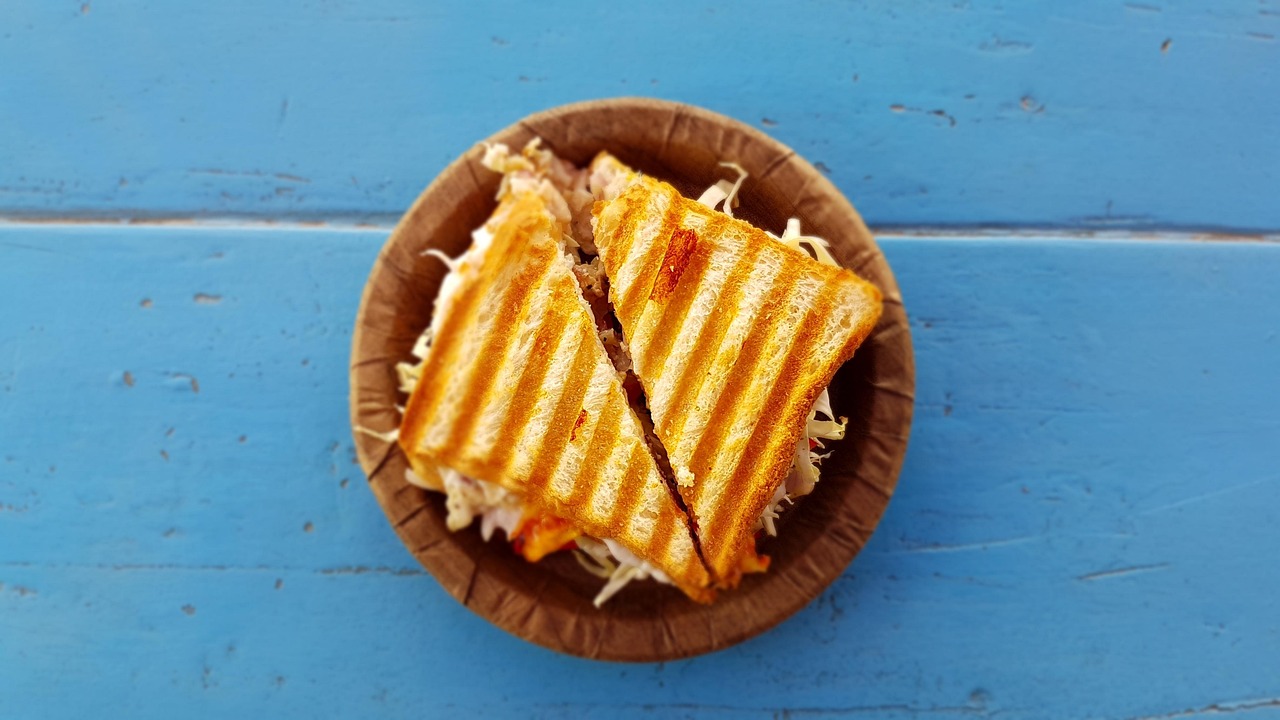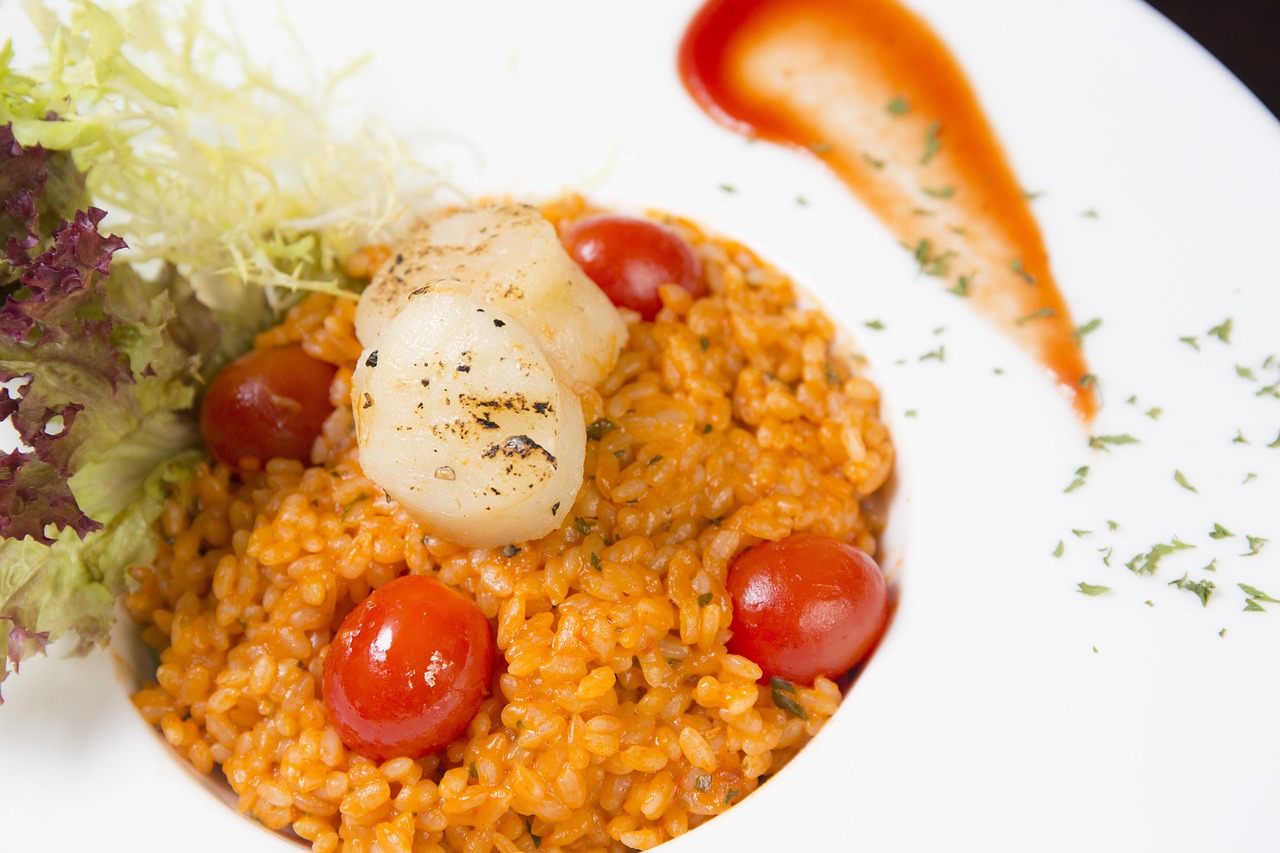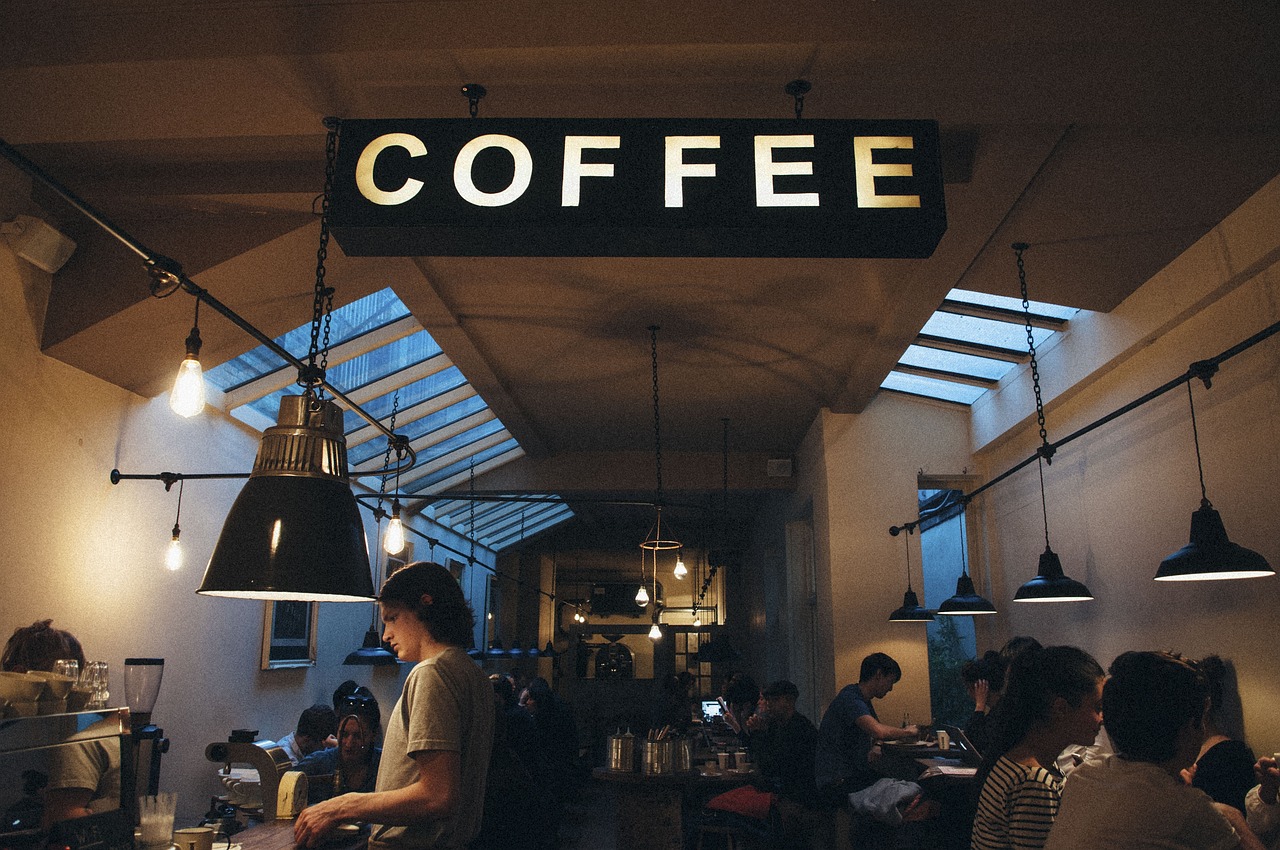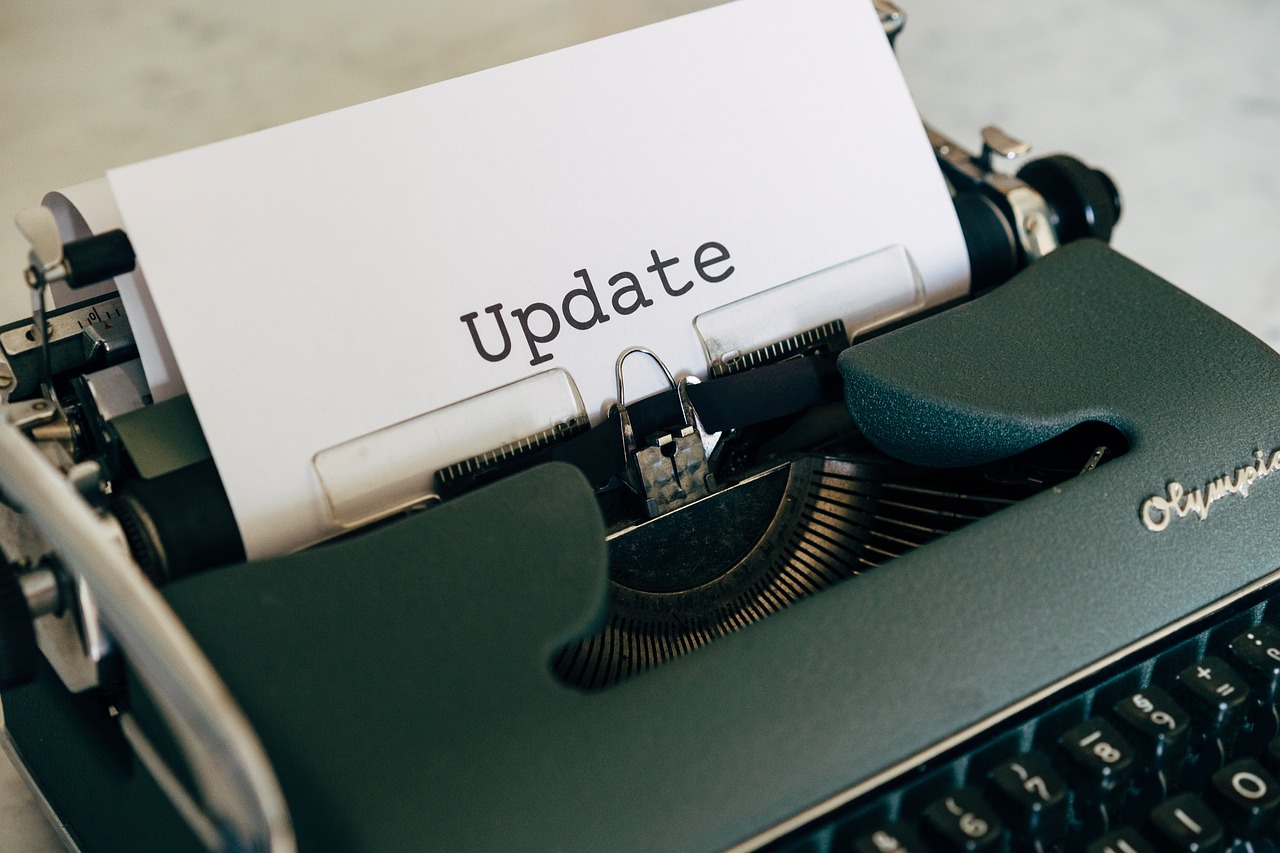
Understanding What A Restaurant CRM Does
The key to optimizing your mobile store or restaurant lies in managing customer relationships effectively, and that’s exactly what a restaurant CRM software does. It collects and organizes guest data such as contact information, order history, and dining preferences to help you personalize experiences. For example, HubSpot CRM unifies data across marketing, sales, and service teams to deliver tailored dining experiences that boost customer loyalty. This makes it easier to turn first-time visitors into repeat customers, which is crucial since 80 percent of restaurant sales come from just 20 percent of repeat diners according to the Pareto Principle.
Comparing HubSpot And SevenRooms For Marketing Automation
HubSpot and SevenRooms are two top CRM choices, but they cater to different needs. HubSpot excels with its marketing automation and unlimited contact management, offering up to 2, 000 free emails monthly on its free tier. Its automation workflows allow you to send personalized follow-ups like birthday offers without manual effort. On the other hand, SevenRooms is tailored for upscale restaurants focusing on premium guest experiences. It provides actionable guest profiles with detailed spending patterns and multi-location management but requires contacting sales for pricing. While HubSpot starts free and scales to enterprise levels with AI capabilities, SevenRooms targets high-end venues willing to invest in a more exclusive platform.
OpenTable Versus Toast For Reservation And POS Integration
If you prioritize reservation management alongside CRM, OpenTable and Toast offer distinct advantages. OpenTable is known for its vast diner network, helping restaurants increase visibility and fill seats. Their CRM collects guest preferences and spending data, with pricing starting at $149 per month. However, Toast integrates CRM features directly into its Point Of Sale system, capturing order history automatically from transactions. This integration supports email segmentation and loyalty programs linked to credit cards. Toast’s pricing starts with a free starter kit and a POS plan at $69 per month, making it a strong option for restaurants wanting combined POS and CRM functionality in one platform.

Resy And
Resy And Tock For Upscale And Event-Focused Restaurants. For fine dining and event-heavy establishments, Resy and Tock provide specialized CRM tools. Resy focuses on premium reservation experiences with a diner network that attracts higher-spending customers, starting at $249 per month. It also automates post-dining feedback via surveys, which helps improve service quality. In comparison, Tock offers prepaid reservations and event management features, ideal for restaurants hosting special dinners or wine tastings. Tock emphasizes data ownership, giving restaurants more control over guest information and marketing, with pricing tiers ranging from $79 to $769 per month. Choosing between them depends on whether your priority is premium guest acquisition or managing unique dining events with control over customer data.

EatApp Versus
EatApp Versus Other CRMs For Budget-Conscious Restaurants. For restaurants with tighter budgets, EatApp offers a cost-effective CRM with basic automation and white-label solutions to maintain brand identity. It supports multi-location management and automated SMS and email marketing, starting with a free tier for up to 30 covers per month. Paid plans begin at $49 monthly, making it accessible for smaller operations. Compared to more comprehensive platforms like HubSpot or Toast, EatApp lacks advanced marketing automation or extensive analytics but offers enough functionality to improve guest communication without breaking the bank.
Key Benefits Of Using Restaurant CRM Software
Using a CRM like HubSpot or the others mentioned brings measurable benefits that impact your restaurant’s growth. For instance, the average customer retention rate in hospitality is about 55 percent, but CRM tools help increase this by tracking preferences and automating follow-ups. Repeat customers tend to spend 67 percent more than new ones, emphasizing the value of targeted offers created through CRM insights. Additionally, retaining customers is five times cheaper than acquiring new ones, so automating marketing campaigns reduces costs significantly. CRMs also improve staff efficiency by handling routine tasks such as reservation confirmations, allowing your team to focus on guest service. Finally, data-driven analytics help optimize menu offerings and marketing strategies, leading to better overall business decisions.

Choosing The Right CRM By Comparing Features And Pricing
When deciding on a CRM for your mobile store or restaurant, consider your specific needs such as marketing automation, reservation management, or event hosting. HubSpot offers a free start with powerful marketing tools and scales up to enterprise-level AI analytics but comes with higher pricing at advanced tiers. SevenRooms and Resy cater more to upscale restaurants focusing on premium guest experiences, while OpenTable and Toast emphasize reservation management and POS integration. Tock is ideal for event-driven restaurants needing prepaid options and data control, whereas EatApp suits budget-conscious businesses seeking basic CRM functions. Balancing features against pricing and your restaurant’s goals will help you select the best CRM to optimize customer relationships and grow sales effectively.
